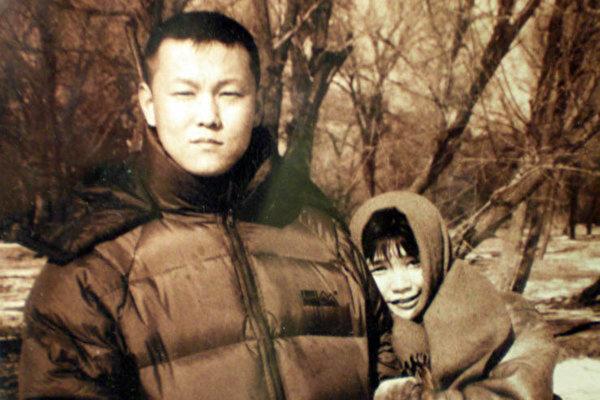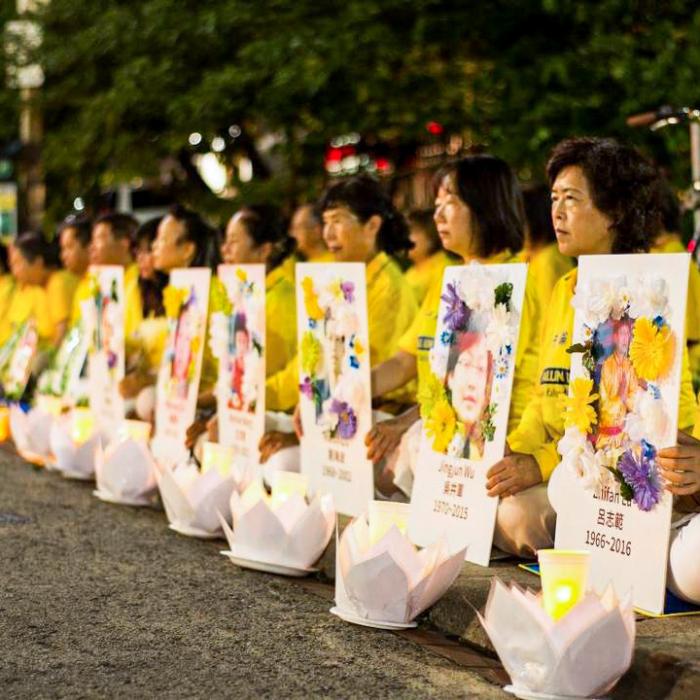The European Union (EU) expressed its concerns about the human rights situation in China and called for “the immediate and unconditional release” of 39 Chinese citizens, including Falun Gong adherent Xu Na, who are being persecuted by the communist regime.
According to the statement, “Uyghurs, Tibetans and persons belonging to ethnic, religious and linguistic minorities continue to be subjected to human rights violations.”
Human rights defenders, journalists, and intellectuals continue to be exposed to harassment, intimidation, and surveillance and subjected to torture, unlawful detention, sentencing, and enforced disappearance, including via Residential Surveillance in a Designated Location (RSDL), the EU delegation said.
The statement also stressed its concern about the human rights situation in Hong Kong and the repressive use of the National Security Law and the Sedition Law by Beijing to undermine fundamental freedoms.
Xu Na
Although the EU statement did not explicitly mention Falun Gong, it included Xu Na—an artist who is currently detained by authorities due to her faith—among those listed as persecuted individuals.Soon after the Chinese Communist Party (CCP) started the persecution campaign in 1999, Ms. Xu and her husband, Yu Zhou, a folk musician and also a Falun Gong practitioner, were arrested that year.
In 2001, Ms. Xu, who was 32 at the time, was again arrested and received a five-year prison sentence.
In January 2008, Beijing authorities detained the couple under the guise of an “Olympic check.” Tragically, Mr. Yu, who was 42 years old at the time, died due to torture within two weeks of his arrest. Ms. Xu was subsequently sentenced to three years in prison.

On July 19, 2020, the Beijing Municipal Public Security Bureau detained 11 Falun Gong adherents, including Ms. Xu. They were detained for providing photos and information to the Chinese-language edition of The Epoch Times during the early COVID-19 outbreak in China.
Article 300 of Criminal Law
The 2022 Congressional-Executive Commission on China annual report stated that the CCP continues to use Article 300 to persecute members of spiritual groups—including Falun Gong, the Church of the Almighty God, the Jehovah’s Witnesses, among others—deemed illegal or considered to be a “cults.” The law forbids “organizing and using a cult to undermine implementation of the law,” according to the report.Wu Shaoping, a human rights lawyer who now lives in New York, said that Article 300 is itself in violation of the Chinese Constitution, and “it is a tool used to fabricate charges against Falun Gong.”
Moreover, “In practice, the government organs that have tried to charge Falun Gong practitioners at the behest of the 610 Office have never been able to legitimately demonstrate that the practitioners had committed an actual crime. It has never been established in court which law’s implementation is disrupted by Falun Gong adherents peacefully practicing their faith, doing their exercises, or disseminating information on human rights abuses,” according to a written Statement by Yiyang Xia, senior director of Policy and Research at the Human Rights Law Foundation and director of the Investigation Division for the World Organization to Investigate the Persecution of Falun Gong.
The 610 Office, named after the date of its inception on June 10, 1999, is an extralegal task force created to carry out the persecution of Falun Gong.






